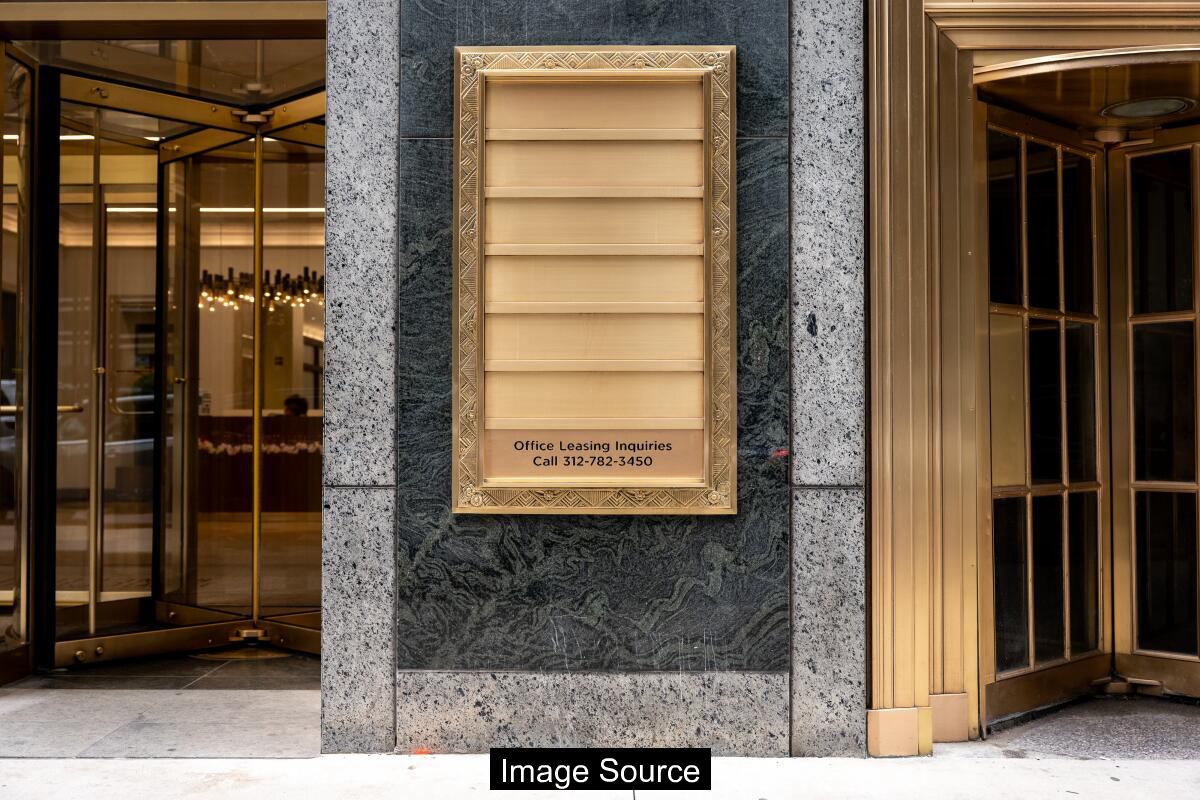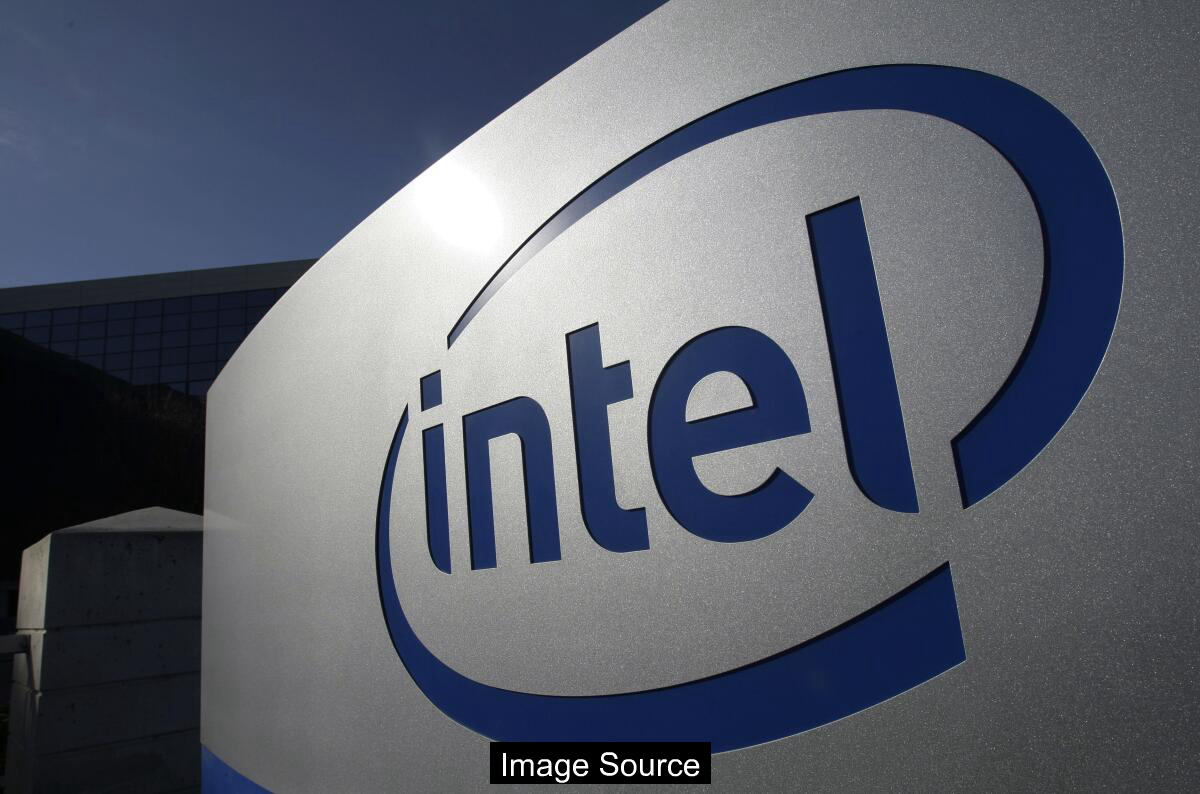A group of Italian women have taken legal action against a website that was sharing intimate and unauthorized personal images without consent. The digital platform, which reportedly specialized […]
YouTube Creators Protest Google’s AI Training Using Their Video Content
A growing number of YouTube content creators are challenging Google’s practice of using their videos to train artificial intelligence models without explicit consent or compensation. The dispute highlights […]
California Film Tax Credit Awarded to 22 TV Series Amid Surge in Applications
The California Film Commission has approved tax credits for 22 television series in its latest round of funding, reflecting the state’s ongoing efforts to retain and attract entertainment […]
California Lags Behind as Companies Push for Return to Office Nationwide
Major corporations across the United States have been increasingly mandating in-person work, with many tech giants and financial firms requiring employees to return to physical offices. Despite this […]
Wall Street Rallies Late, Nears All-Time Highs
U.S. stock indexes staged a late-session comeback on Wednesday, driven by strong performance in technology and semiconductor stocks. The S&P 500 and Nasdaq Composite approached record levels, continuing […]
Wall Street Stocks Retreat Following Recent Gains in Market Rally
U.S. stock indexes pulled back on Wednesday after a strong multi-day rally that had pushed major benchmarks to near-record highs. The S&P 500 and Nasdaq Composite experienced modest […]
China’s Economic Growth Slows in July Amid Trade and Real Estate Challenges
China’s economic recovery continued to face headwinds in July, with key indicators suggesting persistent challenges in manufacturing and consumer spending. Recent data from the National Bureau of Statistics […]
Nvidia Seeks Trump Team Approval for China Chip Deal
Nvidia is navigating complex geopolitical terrain as it pursues regulatory clearance to continue selling advanced semiconductors to Chinese markets. The technology company must secure approval from the Trump […]
Trump Touts Intel Deal Securing Significant US Semiconductor Investment
Former President Donald Trump highlighted a major semiconductor manufacturing investment during a recent campaign event, emphasizing the strategic importance of domestic technology production. The deal represents a significant […]
Google’s Pixel 10 Pushes AI Boundaries in Smartphone Innovation
Google’s latest smartphone iteration signals a significant leap in artificial intelligence integration for mobile devices. The Pixel 10 introduces advanced machine learning capabilities that promise to redefine user […]









